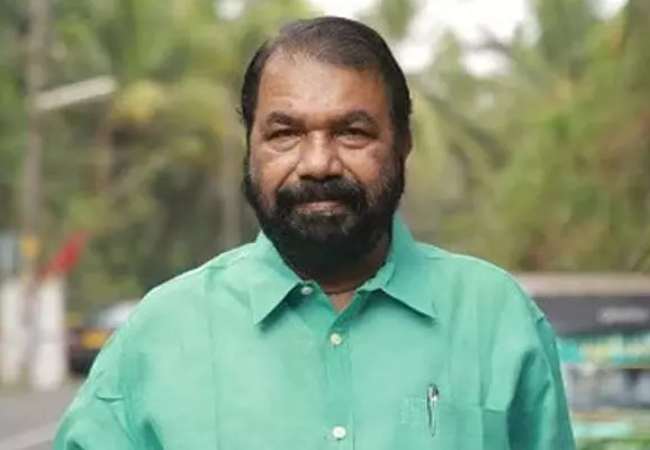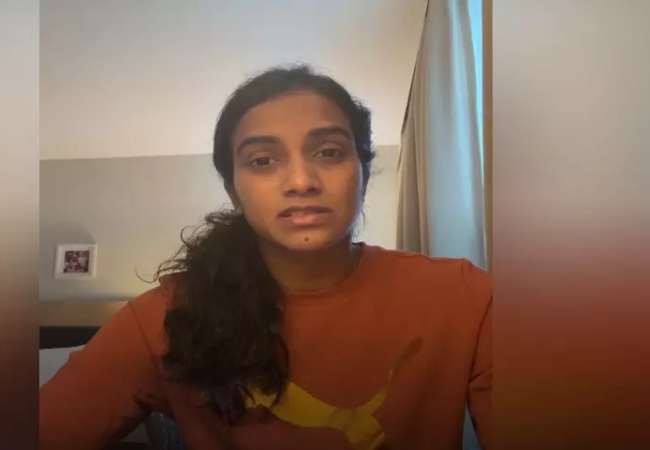New Delhi: Advertising Standards Council of India (ASCI) has taken suo-moto note of violation of the rule by Indian Cricket Team skipper Virat Kohli over one of his promotional posts on social media. The Council said it will write to the Indian skipper about the violation that can possibly result in a heavy fine being imposed on him.
Virat Kohli had recently posted a promotional campaign praising Lovely Professional University (LPU). The cricketer had tagged LPU’s official social media handles and used the hashtag #LPUStudentsInOlympics. The post was reportedly devoid of any disclosure required by ASCI’s newly launched influencer guidelines.
“ASCI will take up the issue and write to the celebrity and the advertiser for their clarifications." Manisha Kapoor, secretary-general, ASCI was quoted as saying by Mint in their report.
On Tuesday, Kohli took to social media, where he has a massive following of 228 million fans across Instagram, Facebook, and Twitter, to praise LPU and its contribution to the Olympics.
“What a record, 10% of Indian Olympians are from Lovely Professional University. I hope LPU will send students to the Indian cricket team also! Jai Hind," said Kohli.
The cricketer shared a promotional advertisement by LPU, which appeared in print publication, along with a list of 11 students who are part of the Indian Olympic squad.
Communications strategy consultant Karthik Srinivasan said that Kohli is probably the most popular and leading influencer in India and it is almost incumbent upon ASCI to take some sort of action and at least comment on it. “…it is critical so that it doesn’t set a bad precedence. I’ve reached out to ASCI and they said they are taking it up suo moto on their own. All other influencers and the agencies are keenly looking forward to what ASCI will do in this case or how the penalty will be imposed, if there’s a penalty at all as it will set a new direction. This is the first time the rules are being implemented, we do not know how much power does ASCI have but it has to be vocal," he was quoted by Mint.
Let the Truth be known. If you read VB and like VB, please be a VB Supporter and Help us deliver the Truth to one and all.
Thiruvananthapuram (PTI): Kerala General Education Minister V Sivankutty on Monday announced the postponement of the SSLC and Higher Secondary examinations scheduled for this week in the Gulf region, in view of the escalating tensions in West Asia.
Addressing a press conference here, the minister said the security situation in the gulf, has made conducting the public exams impossible.
Against this backdrop, the government has decided to postpone the Secondary School Leaving Certificate (SSLC) examination scheduled for March 5 in the Gulf region, he said.
The Higher Secondary examinations slated for March 5, 6 and 7 in the region have also been deferred, Sivankutty added.
"The revised dates for the postponed examinations will be announced later," the Minister said.
He noted that some students, both in the Gulf countries and in Kerala, are anxious that they may not be able to reach their examination centres and could miss their exams due to the prevailing situation.
The General Education Department stands with the students in this matter, Sivankutty said.
Students who are unable to appear for the examinations are advised to submit applications at the earliest to the Director of General Education through their respective headmasters or principals, he said.
The department will examine the merit of each application and take a favourable decision in the interest of the students, the Minister added.



_vb_21.jpeg)

